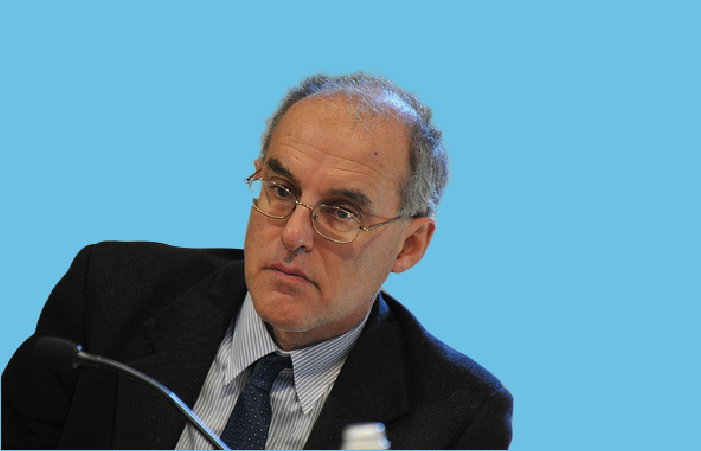Carlo La Vecchia
Home >
Who am I
Dr. La Vecchia M.D. received his medical degree from the University of Milan and a master of science degree in clinical epidemiology from Oxford University. He is recognized worldwide as a leading authority in cancer aetiology and epidemiology. Presently, he is Professor of Epidemiology and Biostatistics at the School of Medicine at the University of Milan. Dr. La Vecchia serves as an editor for numerous clinical and epidemiologic journals. He is among the most renowned and productive epidemiologists in the field with over 2,170 peer-reviewed papers in the literature (PubMed) and is among the most highly cited medical researchers in the world (2003, 2017, 2018, 2019), according to ISIHighlyCited.com, Clarivate Analytics, the developer and publisher of the Science Citation Index (H index 176, H-10 index 1764, total IF over 10,000, over 152,000 quotations). He has supervised over 40 PhD theses.
Dr. La Vecchia is a temporary advisor at the World Health Organization in Geneva, and a registered journalist in Milan. He was Adjunct Associate Professor of Epidemiology at Harvard School of Public Health between 1996 and 2001, Adjunct Professor of Epidemiology at the University of Lausanne, CH (2000-2014), Senior Research Fellow at the International Agency for Research on Cancer IARC/WHO between 2006 and 2008, Head of the Department of Epidemiology at the Mario Negri Institute, Milan (2007-2014), and Adjunct Professor of Medicine at Vanderbilt Medical Center Nashville, TN. (2002-2018).
Why
Specialties
Dr. La Vecchia’s main fields of interest include cancer epidemiology and the risk related to diet, tobacco, hormone use and occupational or environmental exposure to toxic substances; and analysis of temporal trends and geographical distribution of mortality from cancer, cardiovascular diseases, perinatal and other selected conditions.

No specific news & updates.
Involved projects
No specific projects
